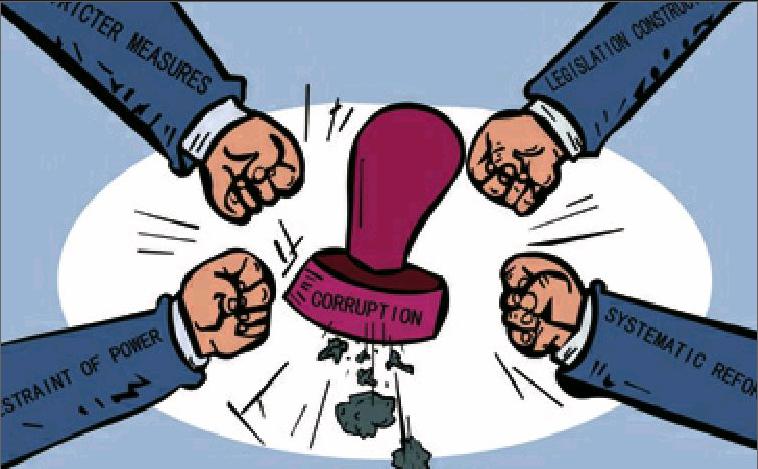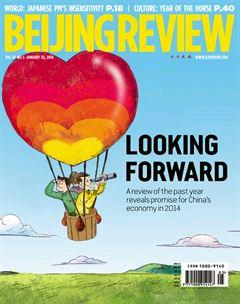Tigers and Flies
By+Jon+Taylor

At the Third Plenary Session of the 18th Central Committee of the Communist Party of China (CPC) in November of 2013, much of the focus was placed on anticipated economic and social reforms. However, one area that both casual observers and Western news media mistakenly assumed that had been overlooked was the issue of corruption. Some even suggested that corruption received little attention because the CPC was not making progress on the issue, or was uninterested in expanding reform measures designed to curb corruption, or both.
This is incorrect. The reforms in the Decision on Major Issues Concerning Comprehensively Deepening Reforms—as well as the actions on the part of the CPC and its Central Commission for Discipline Inspection (CCDI) since the election of the new leadership in 2012—clearly demonstrate a strong emphasis by the CPC on addressing corruption, building a clean government, and intensifying anti-corruption efforts by going after both “tigers” and“flies”—high- and low-ranking corrupt officials. The Decision highlights the determination of the Party to institutionalize anticorruption efforts.
Supervision of power
Part 10 of the Decision states, “The key to empowering the system is to keep it open and easily monitored by the public and to have a complex system governing its proceedings.”Part 10 of the Decision, which is the Supervision of Power, notes the importance that the restriction and supervision of power plays in deepening reform. While some specific anticorruption and accountability measures have been offered in previous settings, Part 10, specifically Points 35-37, comprehensively address problems related to the supervision of power. For the first time, the Party provides a mechanism to restrict power through the regulation and supervision of that power by the people.
The reforms offered in Part 10 set up the possibility of even greater anti-corruption initiatives in the future. For example, the expansion of the CCDIs discipline inspection and supervision system may serve as an effective check on the use of power by officials. The creation of a mandatory asset declaration mechanism, as well as an inspection and accountability system for officialsselection and housing allotment, will likely play a significant role in Chinas anti-corruption drive. Nowhere is this more evident than in Point 36 of the Decision.
To say that the CPC is either incapable of reform or unwilling to implement additional anti-corruption reform is puzzling at best and disingenuous at worst, given the relatively straightforward nature of Point 36 of the Decision. If anything, Point 36 reinforces President and CPC General Secretary Xi Jinpings call for “restricting power within a cage of rules and regulations” by institutionalizing the Partys investigation and enforcement efforts.endprint

